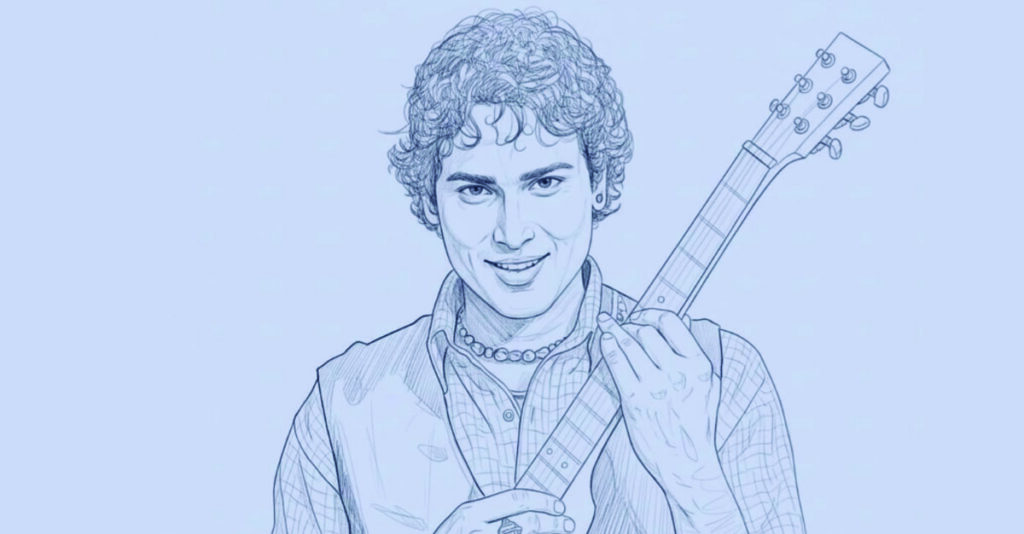Issue: Vol. IV, No. 3, November-January, 2025-26
The common reader’s fear of modern poetry has been in existence since its inception. The words of Michael Roberts in the introduction to his anthology The Faber Book of Modern Verse (1936) are still relevant. He said, “More often than prose or Mathematics, poetry is received in a hostile spirit, as if its publication were an affront to the reader; yet most of the poetry which is published probably appears because, at the time of writing, it delighted the writer and convinced him that it held some profound significance of some exact description which he hoped that others, too, might see.” This is the opening sentence of Michael Roberts in his preface. This “hostile spirit” towards modern poetry still exists among readers today. Many readers are still skeptical of modern poetry. The reason for such skepticism is in the allusions of modern poetry. The poets are not sympathetic to the needs of the readers. Because the poets ignore the readers, the readers also ignore what the poets write. If a poet can draw the attention of a reader to his poem the reader will puzzle out meaning for himself.
2)
Be that as it may, the 19th of September will be marked as an extremely sad day for Assam. On this day, Zubeen Garg, the cultural icon most endearing at present to the people of Assam, met an untimely death in an accident. From the release of his very first audio-album, Anamika, in 1992, Zubeen has been captivating the people of Assam uninterruptedly for three decades with his unique voice, singing style, musical sensibility, and meaningful lyrics. People still find it difficult to accept his death easily today.

The contemporary generation identified themselves in his voice, lyrics, tune, and style. In the context of the cultural challenges brought about by the liberalisation and globalisation of the economy, that began in India in the nineties of the last century, Zubeen’s music was global yet vibrant with elements of local folk culture. The unadulterated essence of Assam’s land, water, and air was expressed in the lyrics Zubeen wrote. Even at the peak of fame and glory, Zubeen lived his life like an ordinary man with a heart brimming with humanitarian concerns. His death, thus, is an irreparable loss for Assam.
In this issue, we have incorporated a few essays on Zubeen’s poetry and songs. We hope these essays will help readers undersatand the artist’s thoughts, ideas, and personality.